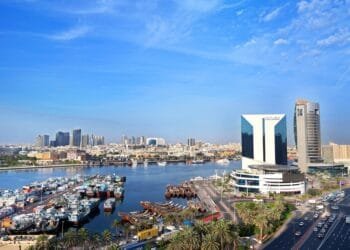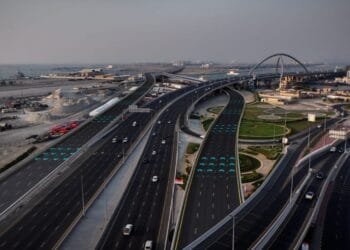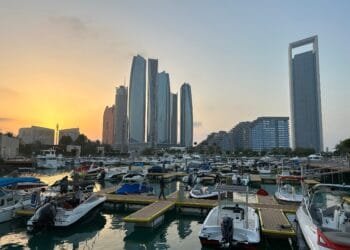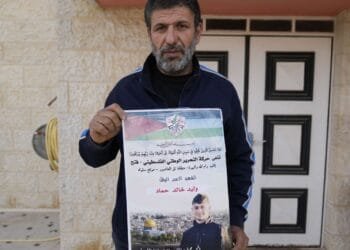Israel’s threatened offensive on overcrowded border city could leave more than a million Palestinians with nowhere to go
Live updates: Follow the latest news on Israel-Gaza
If there’s one thing that encapsulates Egypt’s predicament over the fallout from the Gaza war, it is the fate of Rafah, the battered enclave’s southernmost city on the Egyptian border.
Rafah looks set to be the next stop in Israel’s military campaign to eradicate Hamas, with pleas from Egypt, the US, the UN, and most of the international community not to launch a full-scale ground offensive in the city falling on deaf ears.
At stake are the lives of about half of Gaza’s 2.3 million residents who have sought shelter in Rafah, a city cut in half by the border separating Egypt from the Gaza Strip.
The UN has bluntly warned that invading the city “could lead to a slaughter” that would add significantly to the more than 29,300 Palestinians killed in the war so far.
In a telephone call with French President Emmanuel Macron at the weekend, Egyptian President Abdel Fattah El Sisi warned of “disastrous humanitarian consequences” for the Palestinians in Rafah if Israel launches a ground offensive in the city.
In a wider context, the fallout from a possible attack in Rafah has the potential of destabilising Egypt, a nation of 105 million, jeopardising its milestone 1979 peace treaty with Israel and creating a formidable hurdle to any future peace negotiations to end the Palestinian-Israeli conflict.
Topping the list of Egypt’s concerns is that Palestinians could be forced to try to storm Gaza’s 13km border into Egypt, where they would be entering the Sinai Peninsula, the rugged, mountainous and sparsely populated region sandwiched between the Mediterranean and Red Sea.
With Israel unlikely to allow the Palestinians to return to Gaza, their resettlement in Sinai would lead to the further “liquidation” of the Palestinian cause, or another Nakba, the Arabic word for calamity used widely to refer to the estimated 700,000 Palestinians who fled or were forced to leave their homes around the time of Israel’s creation in 1948.
It would also bring the Palestinian-Israeli conflict on to Egyptian territory. Mr El Sisi recently said militants would invariably infiltrate the displaced Palestinians flooding into Egypt and later launch cross-border attacks on Israel from their new base. That, he added, would give Israel licence to carry out retaliatory strikes targeting militants on Egyptian soil.
The influx of Palestinians into Sinai from Rafah appears to be neither far-fetched nor a figment of the imagination of Egyptian authorities.
Already, displaced Palestinians in Rafah are living in makeshift camps merely metres from the border fence. Their children play on improvised swings using the fence’s metal poles.
Images and footage posted online show Palestinians conversing with Egyptian soldiers guarding the frontier. In some cases, children ask why they cannot be allowed to cross into Egypt.
If Israel makes good on its threat to invade Rafah, those images could be transformed into Palestinians jammed against the border fence, begging to be allowed through into Egypt to escape death or injury.
Not allowing them to do so would cast Egypt in a very negative light: a heartless country, indifferent to the plight of the very people – the Palestinians – whose cause it has long claimed to champion.
Egyptian authorities are already working on what security sources describe as an “incubator” – a walled enclosure on a 25 sq km stretch of land in Sinai next to the Gaza border.
Sources familiar with the project say the aim is for Egypt to be able to absorb Palestinians who might rush across the border fleeing an Israeli offensive, and thereby spare Egypt any harmful publicity that could come from Palestinians being killed in Rafah while the borders remain shut.
It would also allow the containment of the Palestinians who arrive in Egypt in one place where authorities can exercise maximum control, the sources said.









 United Arab Emirates Dirham Exchange Rate
United Arab Emirates Dirham Exchange Rate

